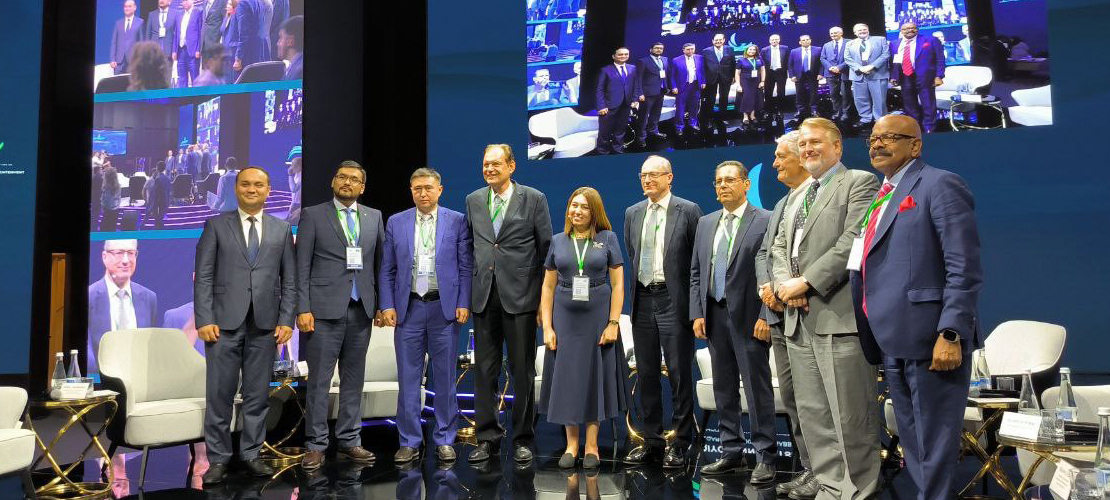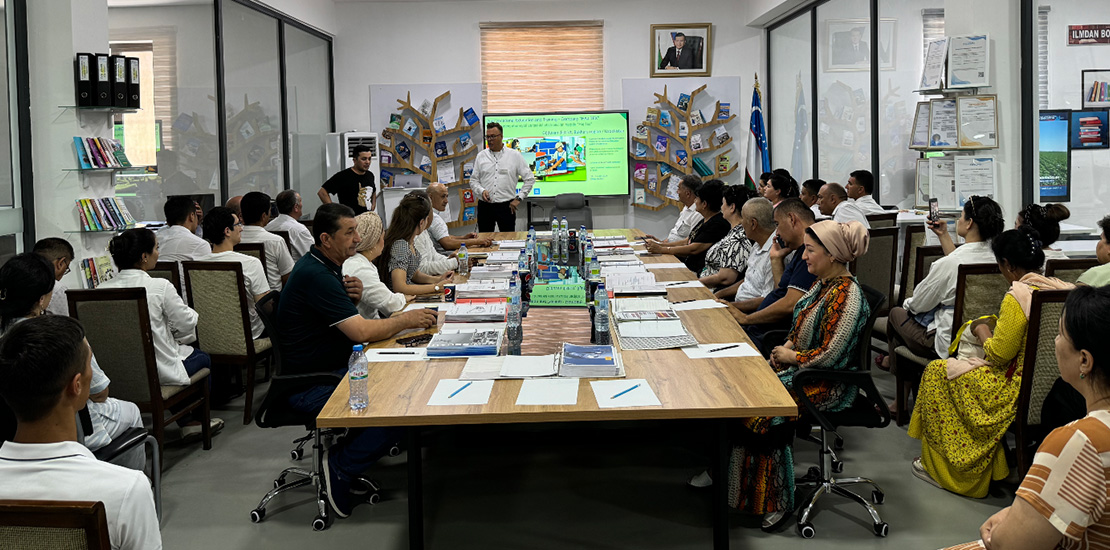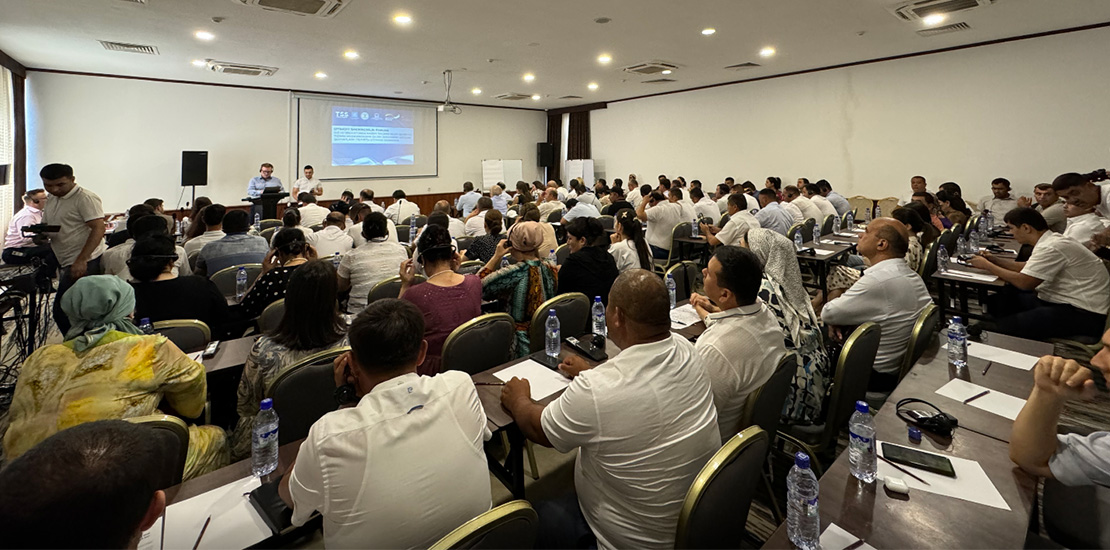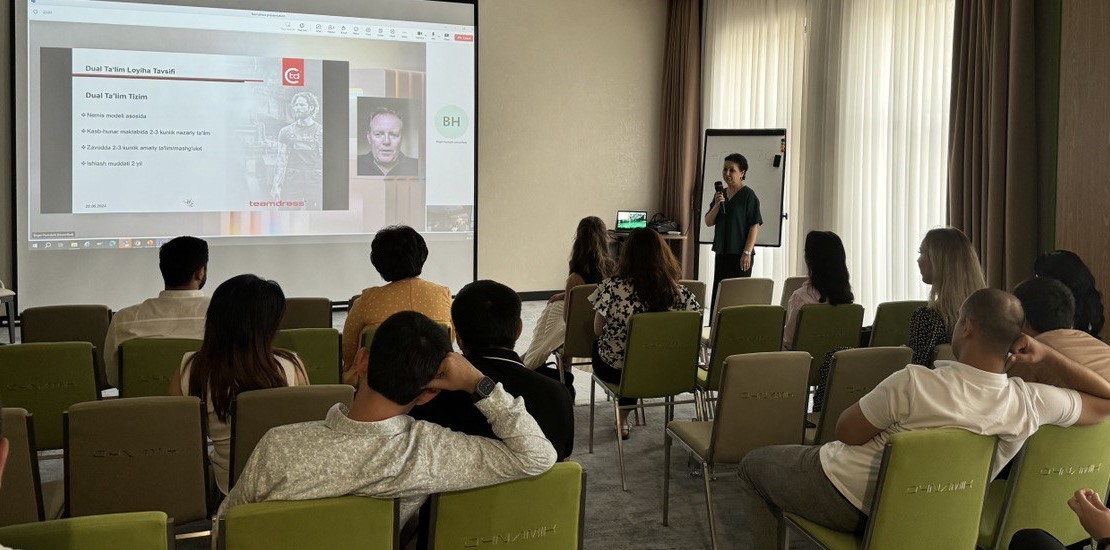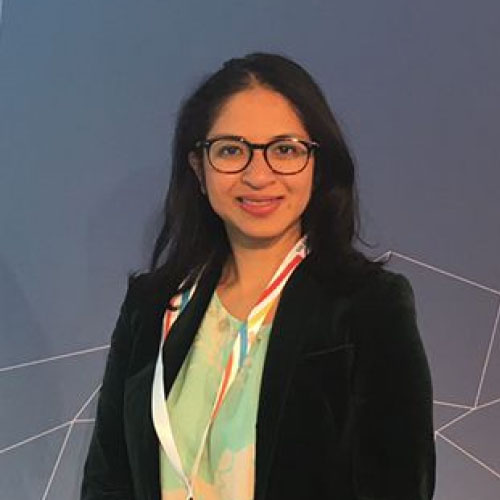- 13.06.2024
Consulting services for the development, management and monitoring of the implementation of the Research Commercialization Program (RCP) and the Business Investment in R&D program (BIRD).
The Modernization of the National Innovation System of Uzbekistan (MUNIS) project is a strategic initiative consistent with the vision of the Government of Uzbekistan to upgrade the country’s status to a high-middle-income country. This project, funded by the World Bank, aims to raise research standards, stimulate innovation in the private sector and create the foundation for a sophisticated research and development infrastructure. One of its key areas is the promotion of international cooperation and knowledge sharing.
Textile Standard Services also participated in the development of programs under MUNIS “Research Commercialization Program (RCP)” and “Research and Development Investment Program (BIRD)”. Their main goal is to strengthen long—term commercial viability for qualified beneficiaries. This goal will be achieved through the creation of new and improved jobs, as well as the creation of marketable products and services. Ideally, these jobs should be associated with the commercialization of research results, as well as with the design, production and global distribution of high-tech products.
The target audience of RCP and BIRD includes scientific institutions, educational institutions, research teams and small and medium-sized enterprises (SMEs) that either have significant internal R&D potential or are able to assimilate high-tech solutions.
These programs are designed to cultivate successful examples of synergy between industry and science. This cooperation opens up the potential for the creation of competitive spin-offs and confirms the prospects for the commercialization of technologies in Uzbekistan. A look into the future shows that the successful implementation of these programs should become a catalyst for the emergence of constant streams of tax revenue generated from the operating activities of developing high-tech enterprises/companies in the country.

